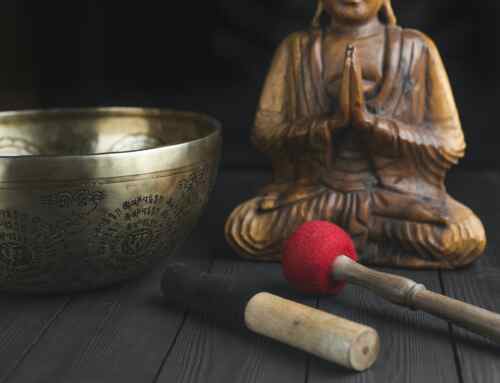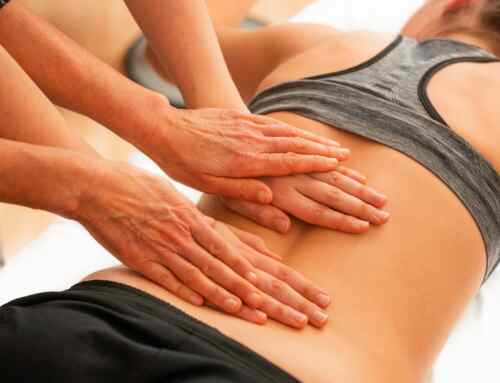
Massage therapy can be an extremely rewarding career. It involves a ton of one-on-one client interaction, problem solving, empathy, and creativity. But it’s not the path for everyone. If you’re wondering whether you’ll thrive as a massage therapist, it might be down to your work style and personality type. These are the kinds of personalities that thrive in as massage therapists.
1. The Service-Oriented Professional
Massage therapy attracts a lot of professionals who need a career change but don’t want to give up on having meaningful jobs. Service-oriented professionals—like nurses, counselors, and veterans—who enjoy giving their all to the people they serve often find fulfillment in helping their clients achieve pain management or relaxation goals. Massage therapy tends to come with less stress than other service professions which gives massage therapists a more manageable work-life balance.
2. The Creative
Massage therapists often have weekend hours and their schedule might look different from week to week. That’s not usually a problem for the creative type. Take a survey at any spa and you’re likely to find a massage therapist (or three) with an art school degree. Massage therapy involves on-the-spot creative problem solving with a heavy dash of empathy, so it’s no surprise that emotive people are drawn to the cathartic feeling of helping their clients.
3. The Introverted People-Person
Massage tends to be a quiet profession. You might spend most of your day in silence if you’re a massage therapist. But that doesn’t mean you don’t connect with clients. Whether you’re talking through their needs during the session, advising them on aftercare at home, or feeling that deep sigh of relief when you finally release their neck tension, massage therapy is a career that’s all about interpersonal connection. Introverts who don’t thrive in retail or restaurant environments but who like forming long-term bonds with regulars are a great fit in this career.
4. The Tactile-Kinesthetic Learner
If you were the kid who was constantly told to sit still in class (and still have trouble sitting at a desk all day), massage might be the perfect fit. A physical profession can give active learners a way to channel their energy and use their strengths. Massage therapy is all about learning by doing. It’s the ultimate anti-desk job.
5. The Athlete
Like tactile-kinesthetic learners, athletes are often drawn to massage for the ability to move their bodies while they work. Athletes might also seek out massage for their own sports injuries and become interested in muscle anatomy to enhance their training. Just like physical therapy, massage therapy is a natural professional fit for active people.





